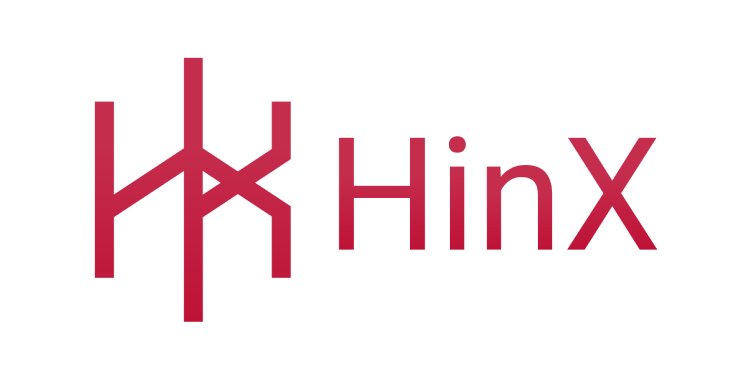Codes of ethics and organisational management models are gradually making their way into Italian football—albeit with some difficulty, particularly among lower-division teams. Of the 110 active football clubs in Italy, 71 have published a code of ethics on their official channels—more than half. When it comes to compliance models, however, the picture is less positive: only 40 clubs have published and updated their Organisational, Management and Control Model (known as MOG 231), 55 have published but not updated theirs, and 15 have not published one at all—three of which are Serie A clubs.
This comes despite the growing regulatory requirements related to the adoption of such models in the sports sector, especially following recent reforms. The research was conducted for ItaliaOggi by analysts at HinX, using the Hintegrity software platform—both companies founded by Gianni Falco, an entrepreneur specialising in corporate intelligence, governance, risk, and compliance.
The first part of the study outlines the methodology: “Data, figures, and statistics were gathered from open sources, publicly accessible documents, and most notably from an in-depth review of the official websites of all football clubs involved in the study,” the report explains. The analysis covered 20 clubs from Serie A, 20 from Serie B, 60 from Lega Pro, and 10 from the women’s Serie A.
The research begins with a review of the legal obligation imposed on professional clubs to adopt an organisational model in accordance with Legislative Decree No. 231/2001 (MOG 231). Before presenting the results, the report also offers an overview of the relevant regulatory framework.
The findings reveal that out of the 110 clubs analysed, 71 have published a code of ethics, while 39 have not. Serie A is nearly fully compliant, with 19 out of 20 clubs having published their code. In Serie B, five of the fifteen clubs have not published one. In Lega Pro, 29 clubs have a published code, while 31 do not.
Regarding MOG 231, the analysis considers both publication and whether the model has been updated. In Serie A, 13 clubs have published an up-to-date compliance model, four have published a non-updated one, and three have not published a model at all. In Serie B, six clubs have an updated model, ten have not updated theirs, and four have not published any model. Lega Pro shows the most critical situation: of 60 teams, only 15 have published an updated model, 39 have published non-updated ones, and six have published nothing.
Finally, among the 10 women’s Serie A clubs, eight have published a code of ethics, six have an updated compliance model, and two have published non-updated models. This means two out of ten clubs in the women’s top league have published neither a code of ethics nor a MOG 231.




